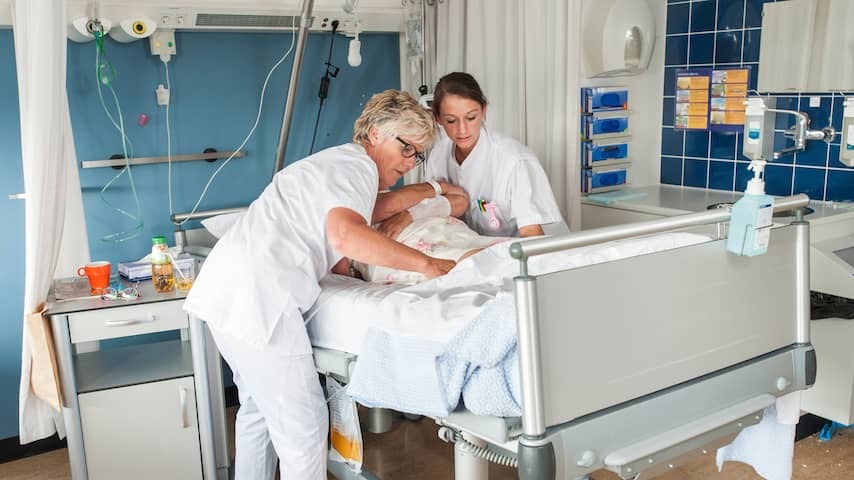
Almost 60 percent of the pensions of working people and pensioners will transfer to the new system at the beginning of 2026. That is what Minister of Social Affairs and Employment Eddy van Hijum expects. It concerns 36 funds that will transfer, including healthcare fund PFZW, metal fund PMT and bpfBOUW.
A year later, dozens of other funds will follow, including civil servants’ fund ABP, the largest in the Netherlands. The last group will follow at the beginning of 2028, although some funds will not transfer at all.
The Netherlands has had a new pension system for two years, which means that the funds must transfer the pensions from the old to the new system. That is a complicated procedure for which the funds have been given a maximum of five years.
Simply put, in the old system, a pension fund has one large pot of money that it must distribute. In the new system, each participant has their own small pot. The question now is how the funds should distribute that large pot of money over the small pots, without anyone receiving too little.
Another change is that the amount of the pensions moves more with developments in the economy and stock market prices. For years, pensions were not increased while the economy was doing fine.
It led to great frustration, especially among pensioners. They saw the costs of living rise every year, while their income did not increase. In recent years, many funds have implemented increases. That was possible because their financial situation improved.
There was much ado about the new system
More than fifteen years have been spent tinkering with the new system. And even after its introduction, there was still plenty of discussion about it. For example, NSC Member of Parliament Agnes Joseph came up with a proposal to let participants decide for themselves whether they wanted their pensions to be transferred to the new system.
That proposal received a lot of criticism from the pension sector, and the Council of State, an important advisory body of the cabinet, also did not see anything in it. Minister Van Hijum, who is from the same party as Joseph, also did not think it was a good idea. Yet the proposal almost gained a majority. Last May, 73 members of parliament voted against and 72 voted in favor.